May 16, 2025
Supporting a child struggling with intrusive thoughts of suicide and self-harm: A guide for parents

Lealand Pearce
Head of Upper School
As a parent, discovering your child may be dealing with suicidal thoughts or self-harm is deeply distressing. It’s normal to feel uncertain, but you’re not alone. This guide offers practical steps to support your child, focusing on key warning signs and how ELIS can help.
Recognising Warning Signs
Each child is unique, but there are common indicators that may suggest your child is struggling. Early intervention is crucial.
- Sudden Behavioural Changes
- Withdrawing from family or friends, losing interest in activities, or becoming unusually irritable or angry can signal distress.
- Expressing Hopelessness
Comments like “I can’t take this anymore” or “I wish it would all end” should be taken seriously.
- Physical Signs of Self-Harm
Unexplained cuts, burns, or bruises, especially if covered by long clothing in warm weather, may indicate self-harm.
- Changes in Sleep and Appetite
Altered sleep patterns or appetite shifts can reflect emotional struggles.
- Risky Behaviour
Engaging in dangerous activities, such as substance misuse or reckless driving, might suggest difficulty coping with overwhelming emotions.
How to Support Your Child: Practical Steps for Parents
- Create a Safe, Non-Judgemental Space
Children dealing with these thoughts often feel ashamed or isolated. Provide a supportive environment where they can talk openly. Listening empathetically is key. At ELIS, we foster a culture of respect, care, and kindness, encouraging parents to create the same at home.
- Ask Direct Questions About Their Feelings
It may feel uncomfortable, but asking directly about suicide or self-harm won’t increase the likelihood of it happening. Instead, it opens the door for an honest conversation. Try saying, “I’ve noticed you’re having a tough time. Have you had thoughts about hurting yourself?” At ELIS, we encourage open communication, which is central to our safeguarding processes.
- Collaborate with the Safeguarding Team and Seek Professional Help
While your support is vital, professional help is also important. A mental health professional can provide tools to manage emotions and healthier coping strategies. ELIS has a strong safeguarding framework in place, and our CPOMS system ensures concerns are promptly addressed. If you notice any worrying signs, contact our safeguarding team. We can work together to create a support plan for your child.
Our pastoral and safeguarding teams collaborate closely with families to ensure comprehensive support. Informing the school allows us to monitor wellbeing and offer guidance. We emphasize the importance of cooperation between home and school to ensure your child’s success, both emotionally and academically.
Additional Resources for Parents
- Mind – A mental health charity offering support and advice. La Fundación ANAR (Fundación de Ayuda a Niños y Adolescentes en Riesgo) offers support and resources for vulnerable young people.
- Samaritans and Teléfono de la Esperanza – Available 24/7 for those in emotional distress.
- LivingWorks – Offers suicide prevention training and resources. Cruz Roja and its psychological first aid and suicide prevention programmes, or Fundación Salud Mental España, which also offers resources and training in this area.
Final Thoughts
Supporting a child through mental health struggles is difficult, but you’re not alone. ELIS is committed to helping you and your child navigate this challenging time. Our focus on care and empathy creates a nurturing environment for your child to thrive. Reach out to our safeguarding team, explore available resources, and foster open communication at home. These steps can make a lasting difference in your child’s life.
For more information or support, please contact our safeguarding team at ELIS. We are here to help, every step of the way.
